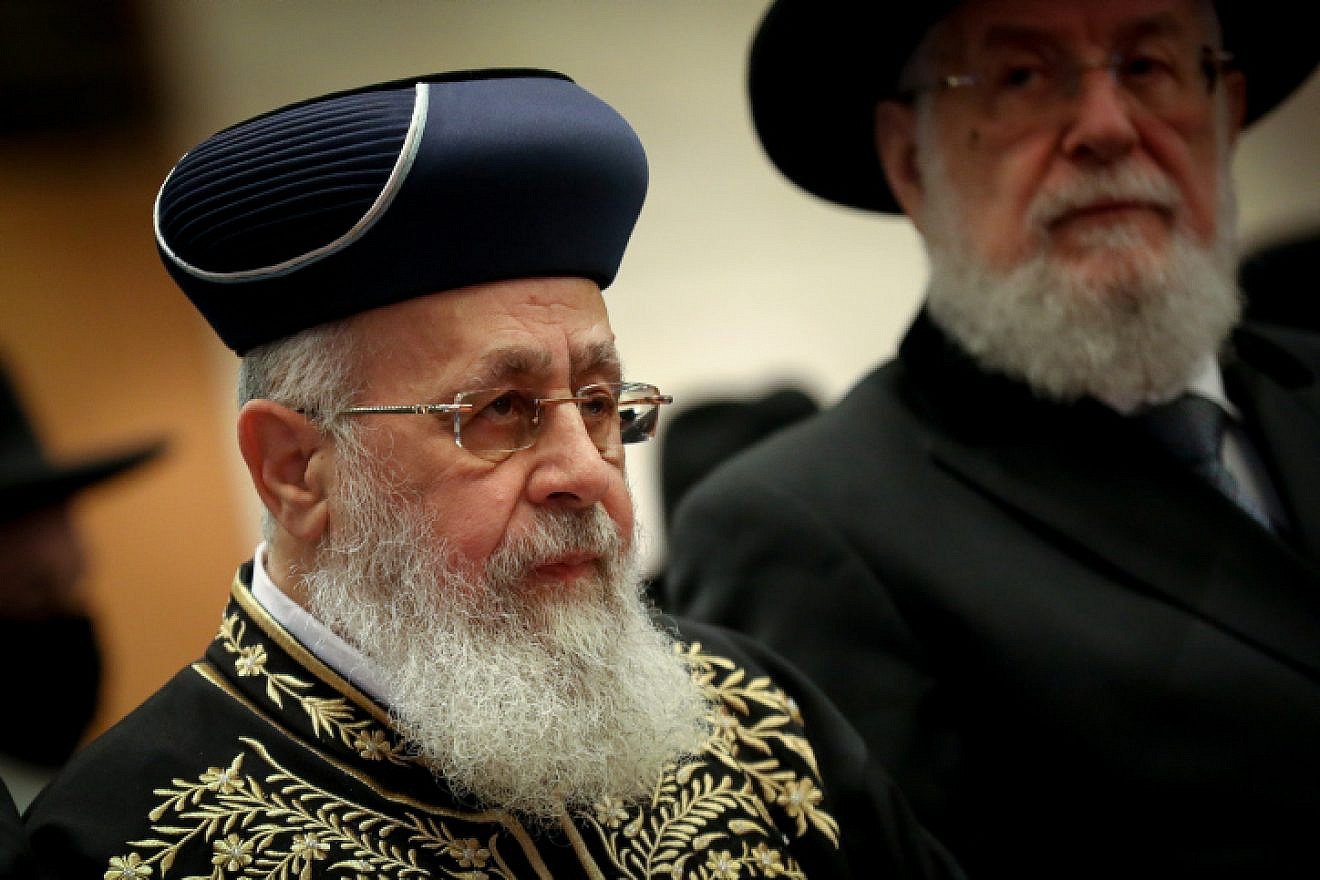Rosh Hashanah is Approaching - Attention All Kehillas:
Hamas succeeded in planting an improvised explosive device (IED) in Beit Hanoun, in northern Gaza, during a lull in air force and artillery strikes, where the Netzah Yehuda Battalion was set to pass through.
As a result, on July 7, five soldiers were killed and 14 injured in a roadside explosion. All five who perished were in their 20s. Such news strikes at the heart of the Israeli nation. These soldiers made the ultimate sacrifice and deserve the highest level of praise for their service, but that’s not what they received.
Before the soldiers were even buried, the Shas Party’s spiritual leader made comments that tarnished their legacy.
In an open letter, Rabbi Yitzhak Yosef, the former Sephardi chief rabbi of Israel, claimed that “we are to blame” for their deaths. “Weakness in Torah study leads to disasters,” such as this, he said. His concern was that yeshivah students tend to lose focus in the summer months and hoped to motivate them to press on with their learning.
At first glance, this message seems productive. Whether or not you believe that Torah learning offers protection, study is a Jewish value. If the intention of the former chief rabbi was to motivate his community to increase learning in the memory of the fallen five, then I would have had no issue with that. But he went further, claiming that the soldiers died because others weren’t studying Torah.
This religious perspective is untenable.
When I was learning to be a rabbi, the popular book of the day was called The Garden of Emunah (emunah meaning “faith” in Hebrew). One teaching I recall is not to become angry with someone who offends you because they’re actually delivering a message from God. The author offered a metaphor to elucidate the point. When a slave is being beaten, he doesn’t blame the stick the master uses; that makes no sense.
This is the point where I stopped reading the book. According to this philosophy, when angering a friend or colleague, I’m not to blame. I had no control over my actions. God needed to teach that person a lesson, and I was just a tool—the stick—in the Divine plan.
This viewpoint is counterproductive because we’re not meant to listen to messages from God while ignoring the world around us. When someone angers us, we need to inform them so that they—or the angered person—learns better behavior. Even if we were to seek meaning from tragedy, how could we ever discern God’s intent? Rav Yosef seems to connect lapses in Torah learning to the deaths of the five soldiers, but how could anyone know such a thing?
As we learn from the book of Job, there is no rhyme or reason to this world. Although a core Jewish tenet, we cannot understand how reward and punishment work. Job was devoid of sin, yet God still made him suffer. The story teaches us that we cannot know why God does anything and that attempting explanations is futile.
However, there are times when claiming knowledge of God’s will is insensitive. We’ve all heard someone give reasons for the death of a loved one. When a child dies, for example, and the devastation is unbearable, people say things like, “God must have needed him for something” or “God needed someone unblemished by sin.” Or worse, it happened because “You are strong enough to handle it.” I doubt mourners find comfort in such statements.
The rabbi also missed an opportunity to unify the citizens of Israel. The divide between those who serve in the IDF and those who don’t is only growing. The government’s attempt to enlist 50,000 Haredi soldiers will certainly exacerbate the issue. Instructing the Haredi community to intensify their learning will most likely lead to more resistance in joining the rank-and-file of Israeli society.
If he truly wanted to honor these five young men, then he should have called for his followers to stand with them—in uniform, in unity and in shared responsibility for the nation’s safety. That would have been a message worthy of their sacrifice.



